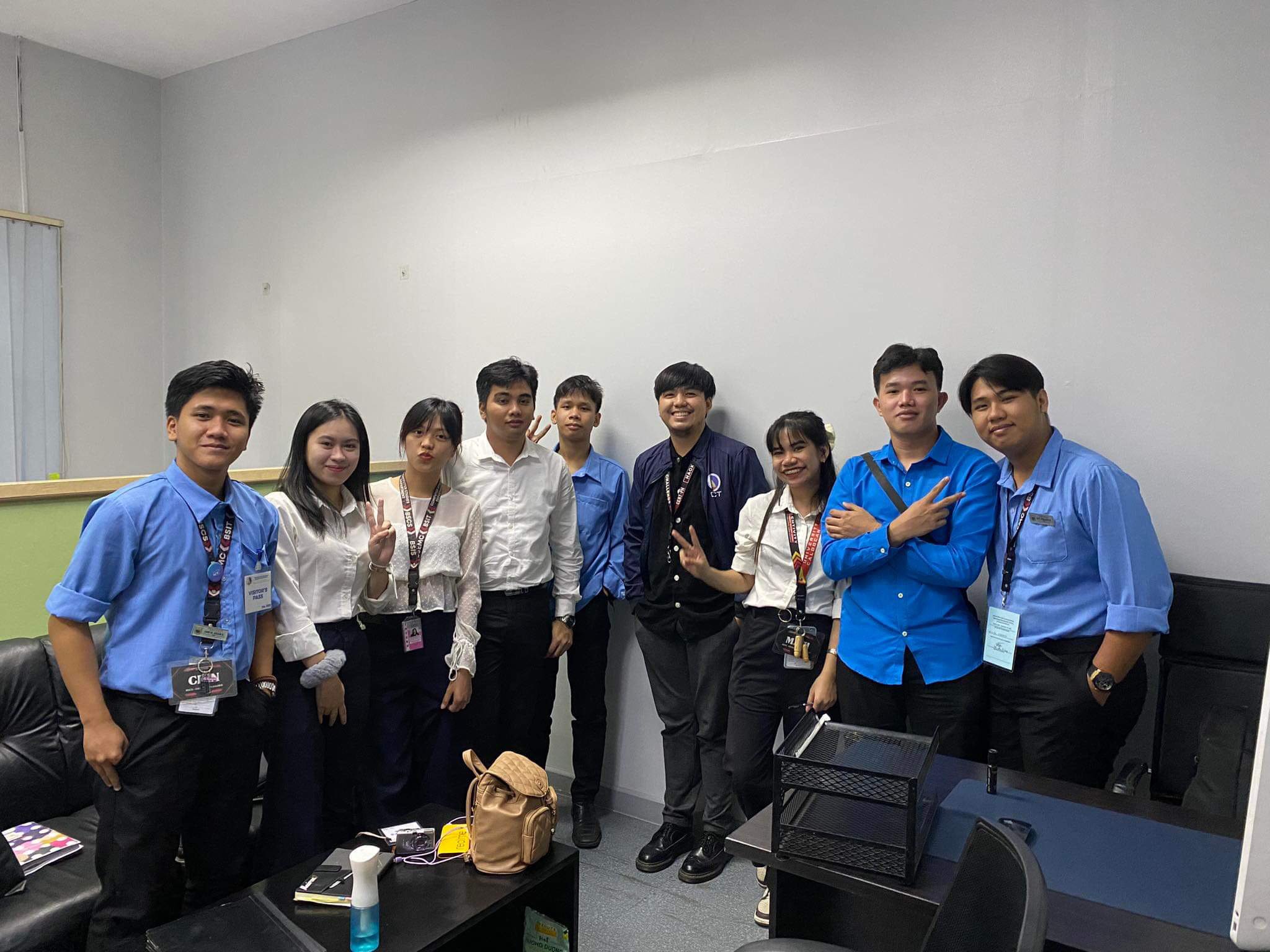Cybersecurity is a significant concern for businesses worldwide because cyber
attackers constantly target corporate data and information technology (IT) resources to
make money or gain a geopolitical advantage. Threats to global cyber security have escalated in recent years. As
organizations shifted to remote work conditions during a pandemic, cybercriminals
exploited mismatched networks. Attacks involving malware rose 358% in 2020 over 2019.
From this point on, the number of cyberattacks rose by 125% on a global scale until 2021,
and in 2022, increasing numbers of cyberattacks threatened individuals and companies,
and phishing continued to be the most prevalent type of cybercrime. Cybersecurity can
be defined as the protection of an individual's or an organization's electronic data from
unauthorized access. A cyberattack is an attempt to gain unauthorized access, and these
attacks may include the theft of private data, intellectual property, confidential business
strategy plans, and/or the disruption of mission-critical IT systems.
Protego development
Conducting research regarding the thesis topic
The team gathered information from different educational institutions regarding the topic of the thesis.
Cyber security expert consultation
Cybersecurity experts from DICT were consulted about the proposed anti scam and fraud system.
Development phase of the project
The team during the initial development phase of the project
The development of ‘’Protego: A Scam and Fraud Prevention System Utilizing Support Vector Machine and Random Forest Algorithm, Network-Attached Storage and USB Cleaning Software’’, a complete fraud and scam protection system that improves computer system performance, security, and overall efficiency while guaranteeing a safe and secure user experience. The program is made to provide flexible ways to maximize system resources, protect privacy and data, and expedite necessary system upkeep.






